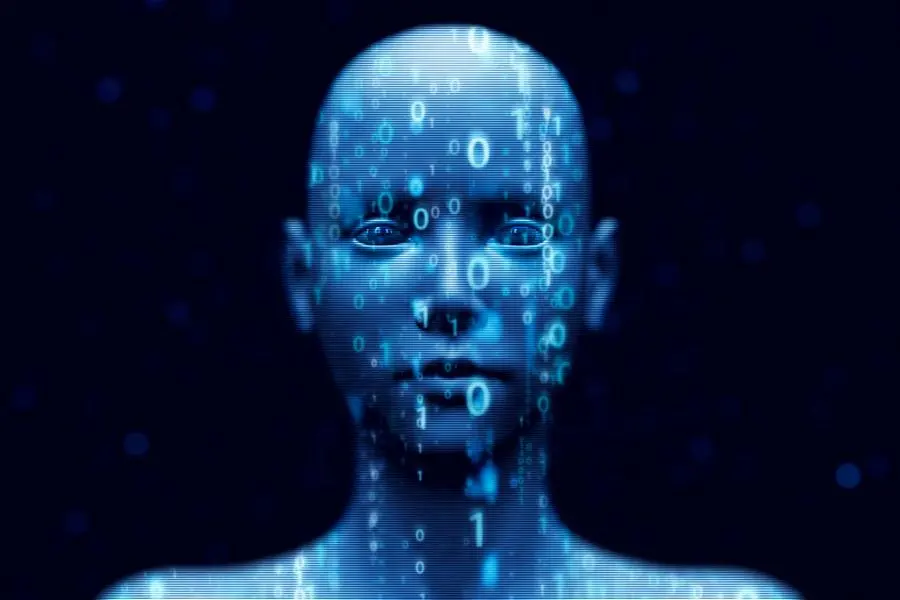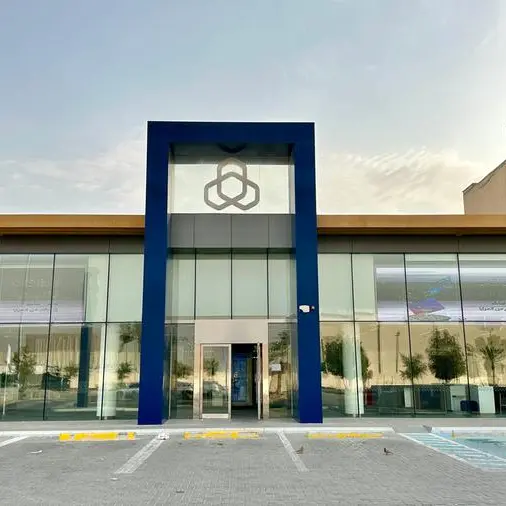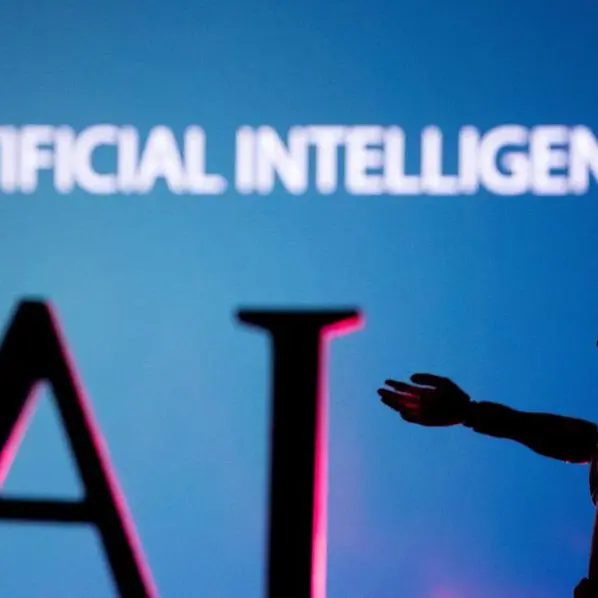PHOTO
BEIJING - Artificial intelligence (AI) is transforming the world of education, including universities in China, where it is even reshaping the future of art students.
Based on a report from China Global Television Network (CGTN), artificial intelligence (AI) has emerged as a valuable tool in the field of archaeology. It assists researchers by swiftly and effectively locating pertinent data.
The patterns on antiques tell a story. The evolution of these patterns can offer insights into the spread of culture across time and place.
Previously, archaeologists might have spent years piecing together necessary information to match evolutionary outcomes with certain patterns. Now, the results are practically immediate, all at the tip of their fingers.
AI has been applied in archaeological research for many years, but it is now becoming more accessible to students and early-career researchers.
"The application of AI in archaeology is still in the beginning phase. We need to do some exploring work to form systematic content for classes," said Zhang Hai, president of the School of Archaeology and Museology at Peking University.
The widespread application of AI technology across many industries has already raised deep philosophical questions and posed serious ethical issues.
New interdisciplinary courses are expected to open between philosophy and other subjects, integrating AI ethics into the curriculum.
The integration of AI across various sectors is creating new opportunities for philosophy majors, especially in the field of AI ethics.
"We need to learn how to integrate this new technology. That means how to develop it in such a way that it will not be harmful to society. We also need to educate ourselves how to act and interact in relation to it. The new world of social media is indeed one battlefield as it's often described where we do interact with AI and on the basis of AI. So these are areas in which philosophy graduates can be more hopeful to find job opportunities in the future," said Sebastian Sunday Greve, assistant professor at Department of Philosophy of Peking University.
The use of artificial intelligence is similar to the acceptance of computers decades ago. It is important for schools to equip students with the skills needed to prepare them for a future world reshaped by this technology.





















